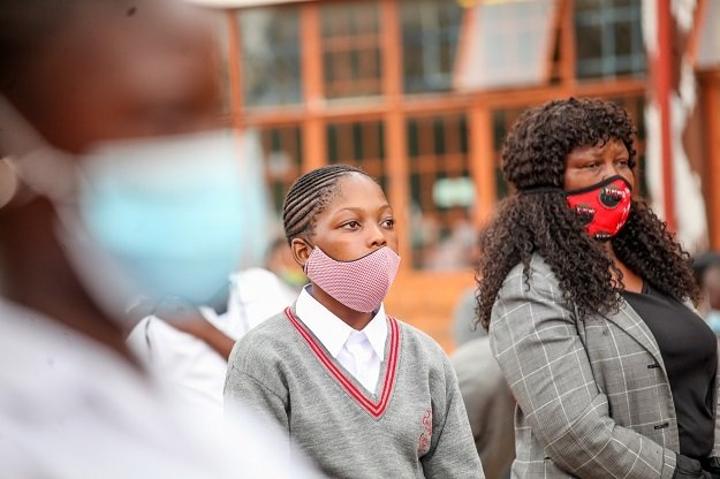Africa-Press – South-Africa. The Department of Basic Education says the number of school dropouts during the Covid-19 pandemic was less than expected.
Speaking at an Early Grade Reading Research Indaba, Professor Martin Gustafsson, a researcher at Stellenbosch University who is an advisor to the Department of Basic Education, said some children were lost to the education system, but that there were not as many as they had anticipated.
“We expected dropout to worsen badly, but it did not to the extent we thought.”
Schooling was disrupted from March to June in 2020, when the government implemented lockdown restrictions. When schooling fully resumed by August, not all pupils returned.
Gustafsson said the reality was not as bad as the picture painted in projections. Last year, the National Income Dynamics Study – Coronavirus Rapid Mobile Survey (NIDS-CRAM) estimated that at least 500 000 children were not in school during the pandemic.
In November 2020, there were 400 000 children out of school.
Gustafsson did not give the actual number of children who did not attend school during the pandemic, but said the department had worried that older pupils would drop out in droves without getting matric certificates.
“Initial fear was that dropout would increase substantially. The NIDS-CRAM said there were half a million dropouts and that is what we feared. It turned out to be the opposite. [Instead] we had the most number of matriculants than ever before in 2021. That is a temporary surge and can’t be sustained.”
He said other than an increase in those who wrote matric, the number of pupils dropping out “in Grade 9, 10 and 11 was lower than expected and that is because there were fewer employment opportunities outside school and people just stayed in school”.
In primary schools, there were about 19 000 dropouts, he said.
“That is obviously problematic, but even the authors of the NIDS-CRAM have concluded that this is just extended absenteeism.”
Before the pandemic, about one million children entered Grade R year-on-year, but this decreased after the outbreak. He said there was a loss of about 27 000 pupils entering Grade R in 2021.
“This was not a question of dropping out, but households delaying entering the system for the first time. That was a loss of 27 000.”
Gustafsson said a new trend that emerged in the system since 2018 was a continuous increase in secondary enrolments.
Primary school enrolments, on the other hand, are staying constant.
“That has an implication on primary enrolments. With limited budgets, teaching posts are going to go to secondary schools and away from primary schools. There is a risk that the problem with large class sizes will not be addressed quickly.”
For More News And Analysis About South-Africa Follow Africa-Press






